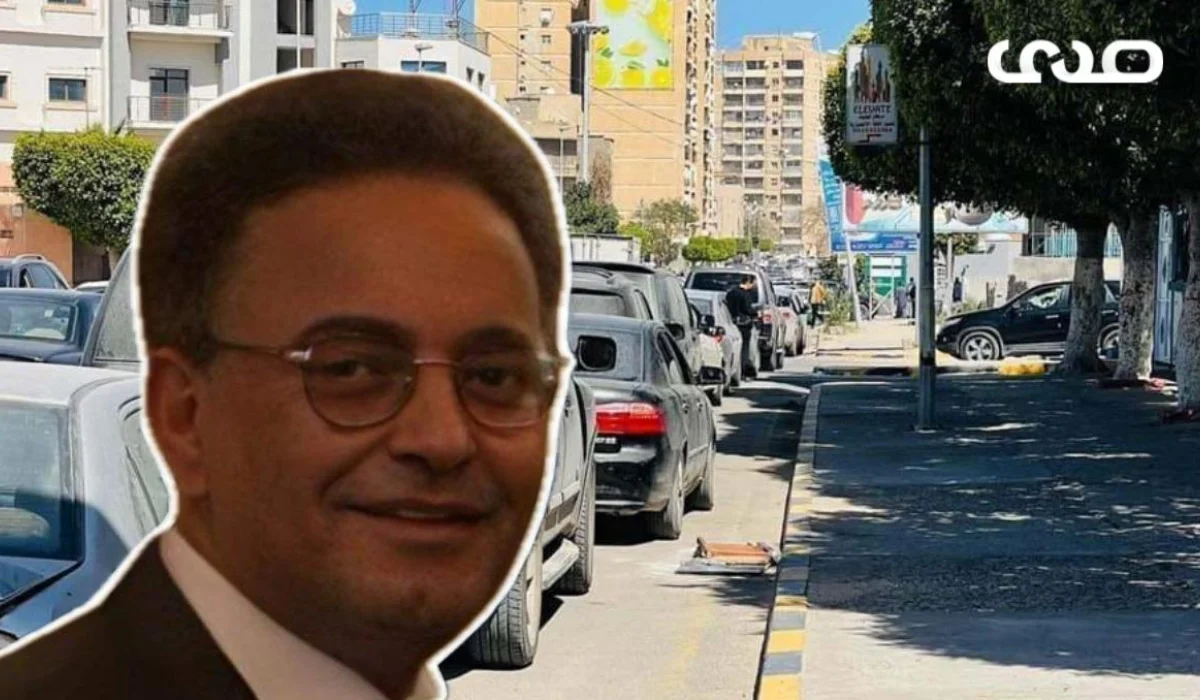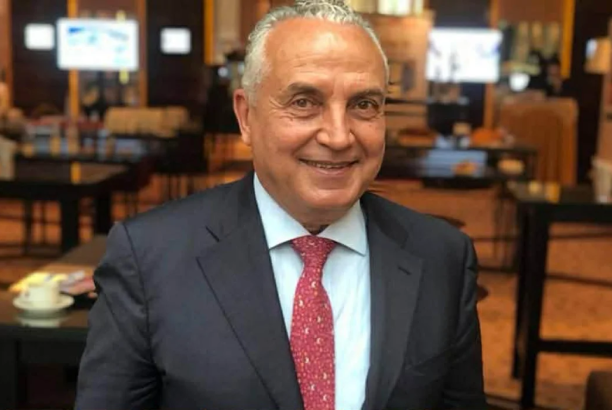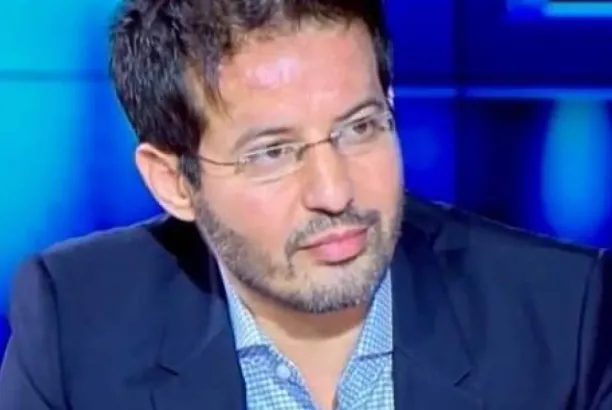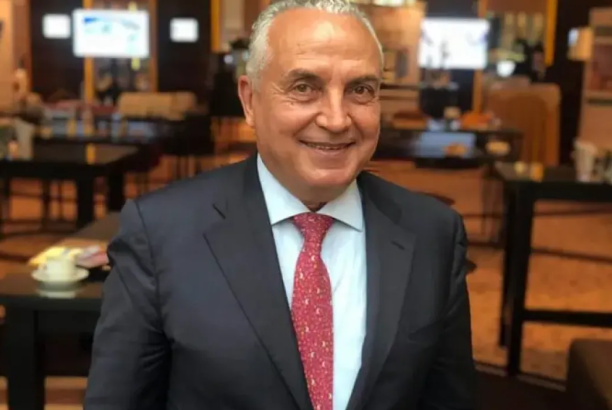
| Economic articles
Al-Hdhiri Writes: To Brother Engineer Abdulhamid Dbeibeh, Prime Minister of the Government of National Unity
By Osman Al-Hdhiri, legal expert in the oil sector:
The Libyan people have been closely following the alarming corruption cases recently revealed by the Attorney General—cases in which senior officials from ministries, authorities, and public companies stand accused.
Instead of seeing a decisive and unwavering government response that prioritizes the nation’s interests, many citizens have noticed signs interpreted as sympathy toward, or protection of, individuals currently under investigation. This perception has raised widespread concern and eroded public confidence in the government’s commitment to fighting corruption.
From a purely national perspective—and with no personal or professional ties to state institutions—I feel compelled to state the following clearly:
1. No official under investigation should receive protection or justification.
Any attempt to defend or shield an accused official before investigations conclude undermines state authority and the independence of the judiciary.
2. Executive bodies have no right to interfere in the work of the Attorney General.
Neither direct nor indirect involvement, nor influencing public opinion in favor of the accused, is acceptable under any circumstance.
3. Immediate suspension from duty is essential.
A firm government decision is required to suspend every official under investigation without delay. Allowing an accused individual to remain in office—whether in a ministry or a public institution—creates opportunities to pressure staff, tamper with evidence, or influence witnesses.
We have already witnessed such concerns in the Ministry of Oil case involving royalties and taxes of the Wintershall company, where the Director of the Corporate Accounting Department—known for his strict and professional stance—was removed from his position.
4. Government hesitation sends a dangerous message.
Silence or reluctance implies that protecting officials takes precedence over protecting the state.
Libyans firmly reject the transformation of public institutions into shields for influence, immunity, or political cover.
A Historic Responsibility
Brother Abdulhamid,
You are accountable before history, even before you are accountable before the people.
A strong, decisive stance today would help restore the authority of the state. Ignoring this issue, however, will inevitably be viewed as tacit acceptance of the continuation of corruption.
Libya cannot achieve stability while corrupt individuals are treated as though they are beyond the reach of the law.
The national duty before you requires:
- Unconditional support for the Attorney General
- Strong backing for oversight bodies
- Full cooperation with the audit and review committees formed by the head of the Higher Financial Committee
- Clear and direct instructions prohibiting any interference in active investigations
A Final Word
The Libyan public is awaiting a courageous, principled decision—one that shuts the door on influence, protection, or excuses and demonstrates that the government stands with the law, not with individuals.
Silence is no longer an option.
Hesitation has become costly.
Accountability is essential if we are to preserve what remains of the state.





